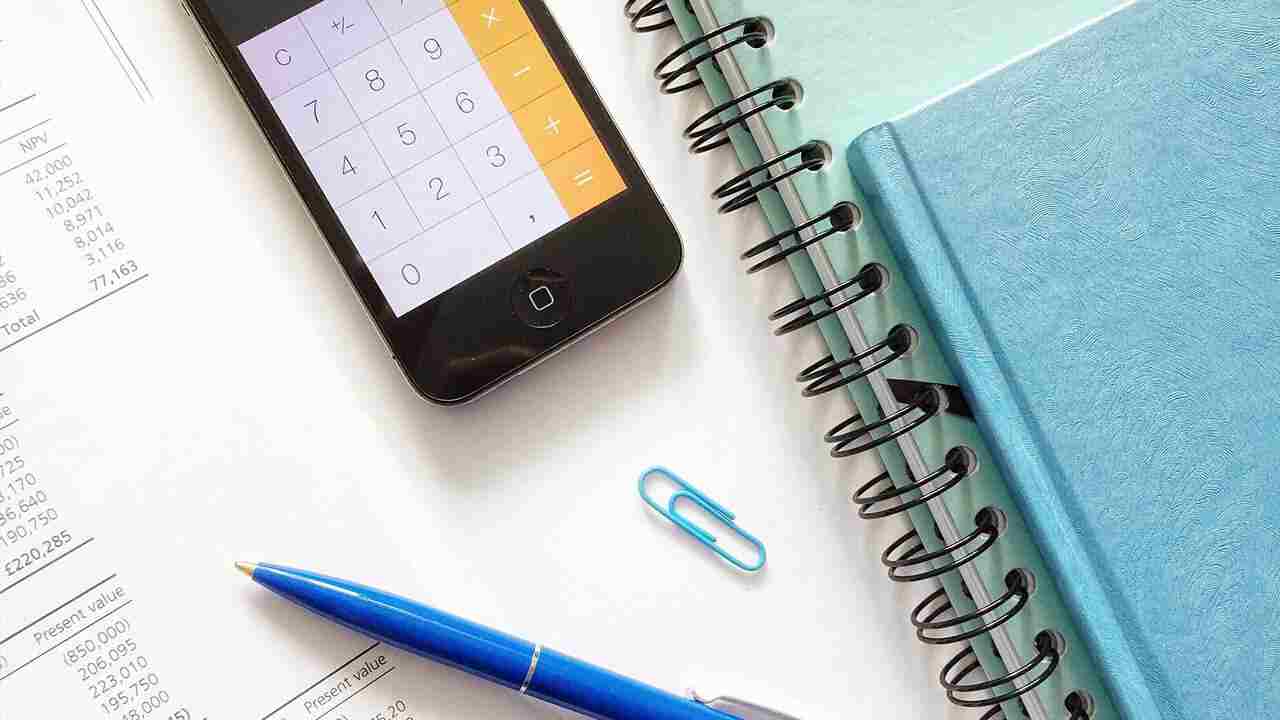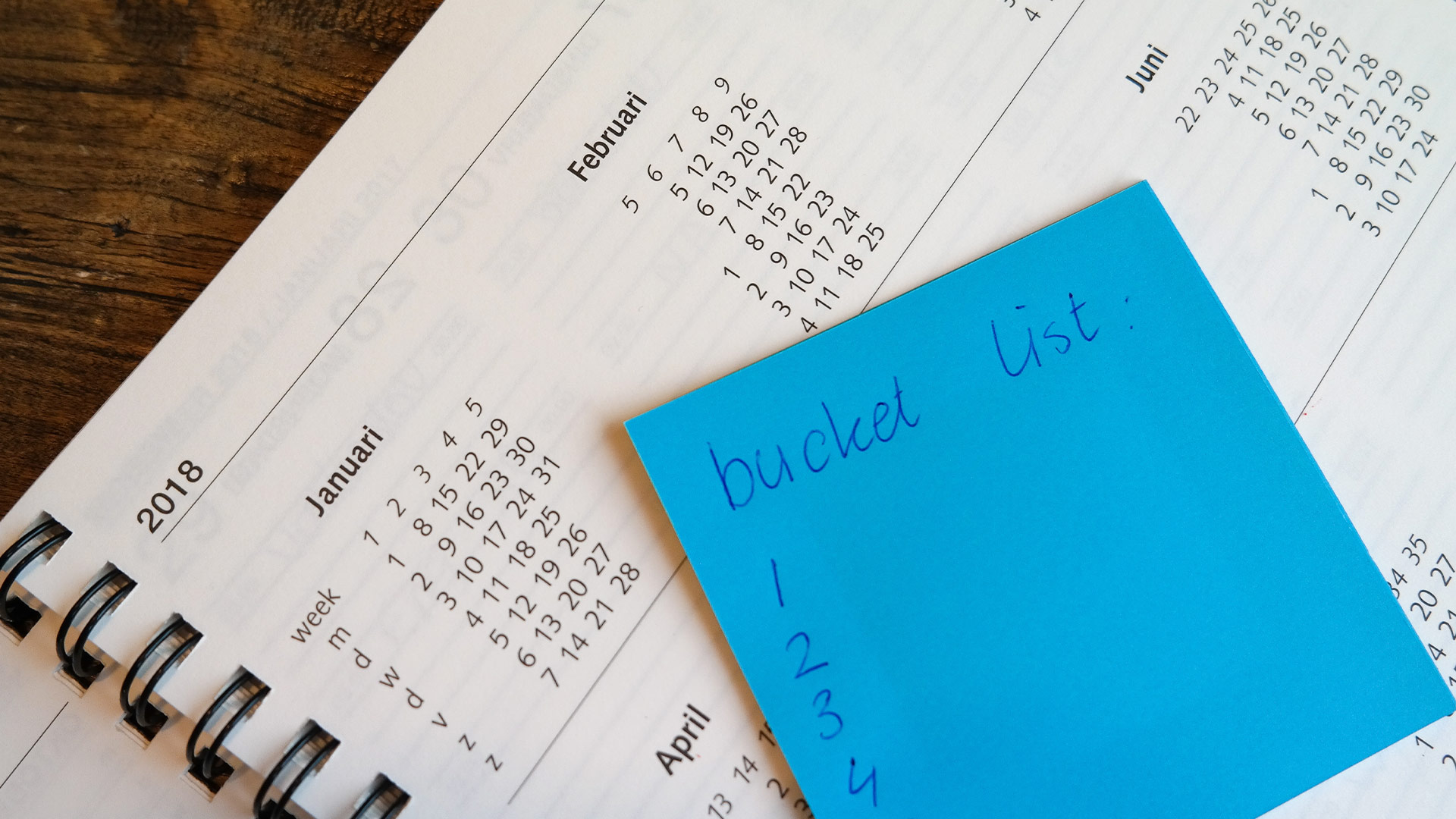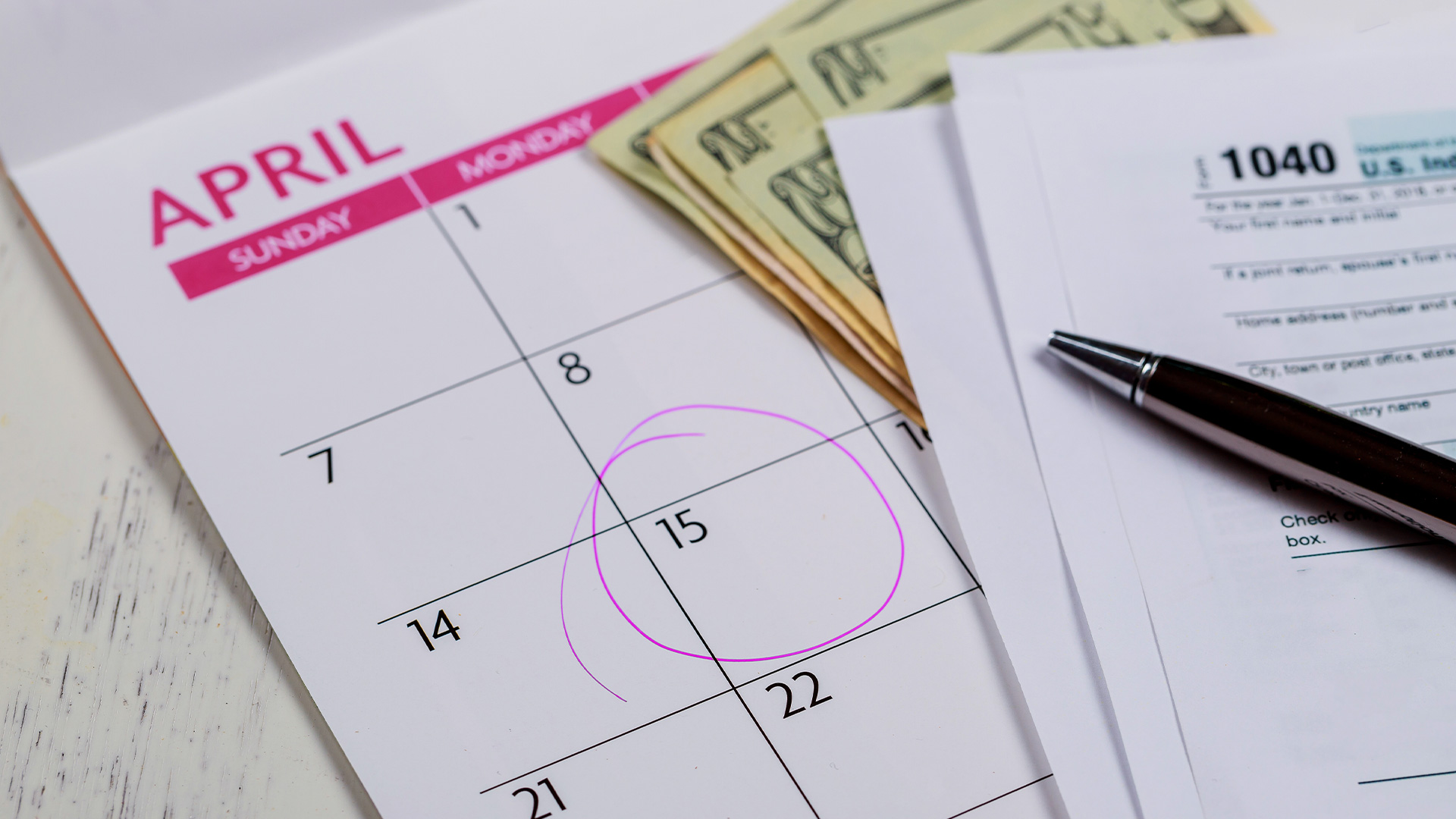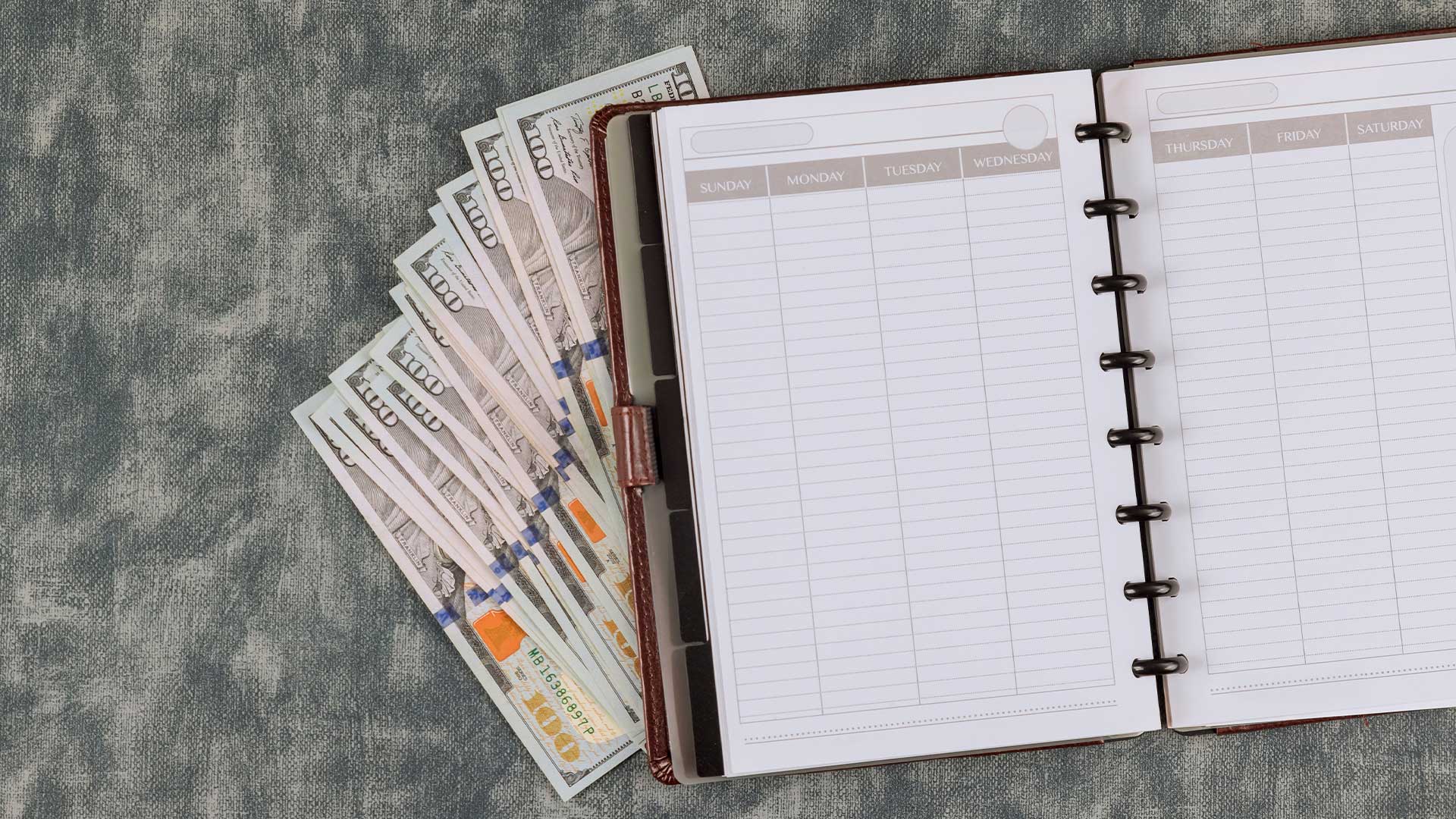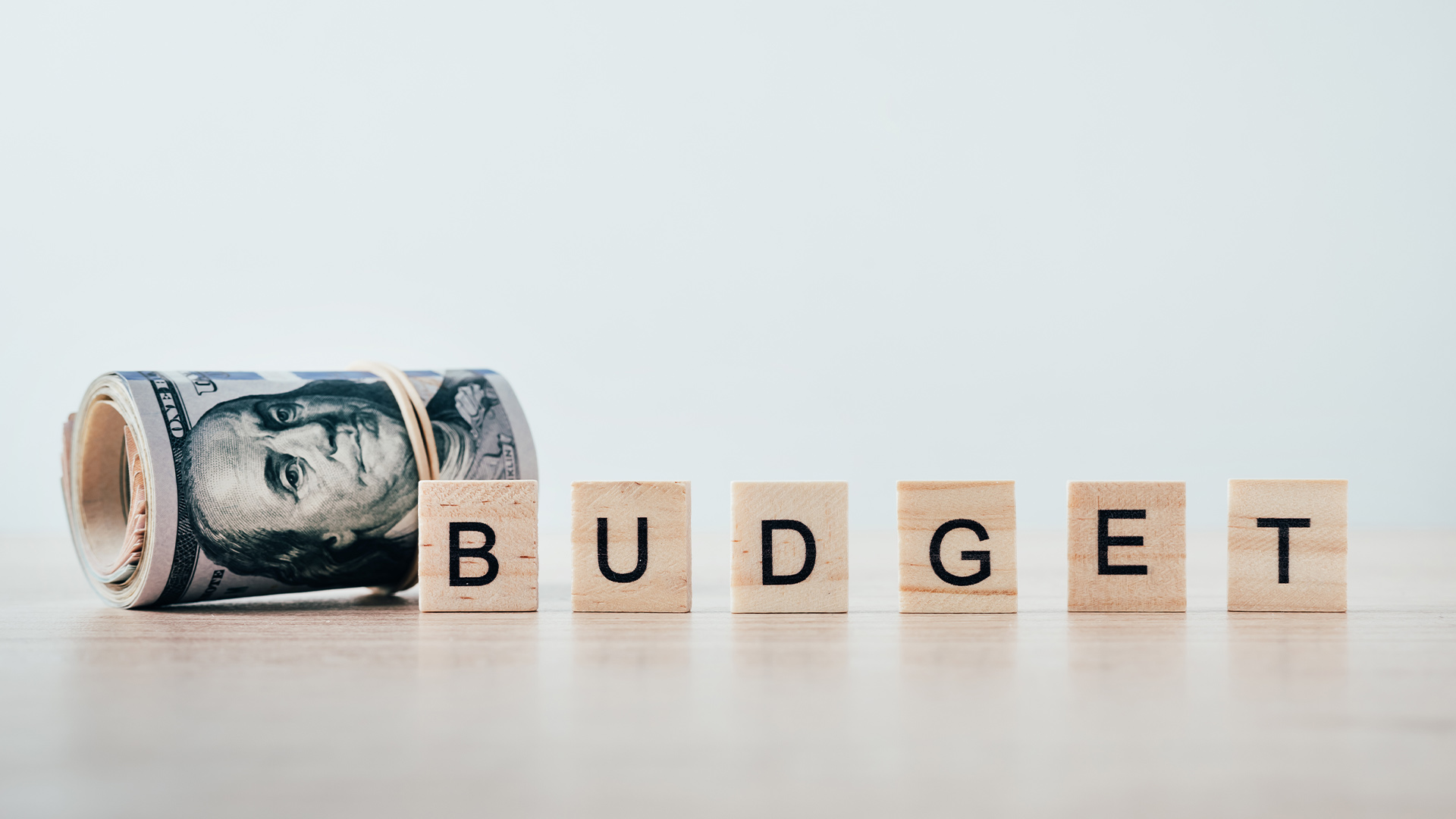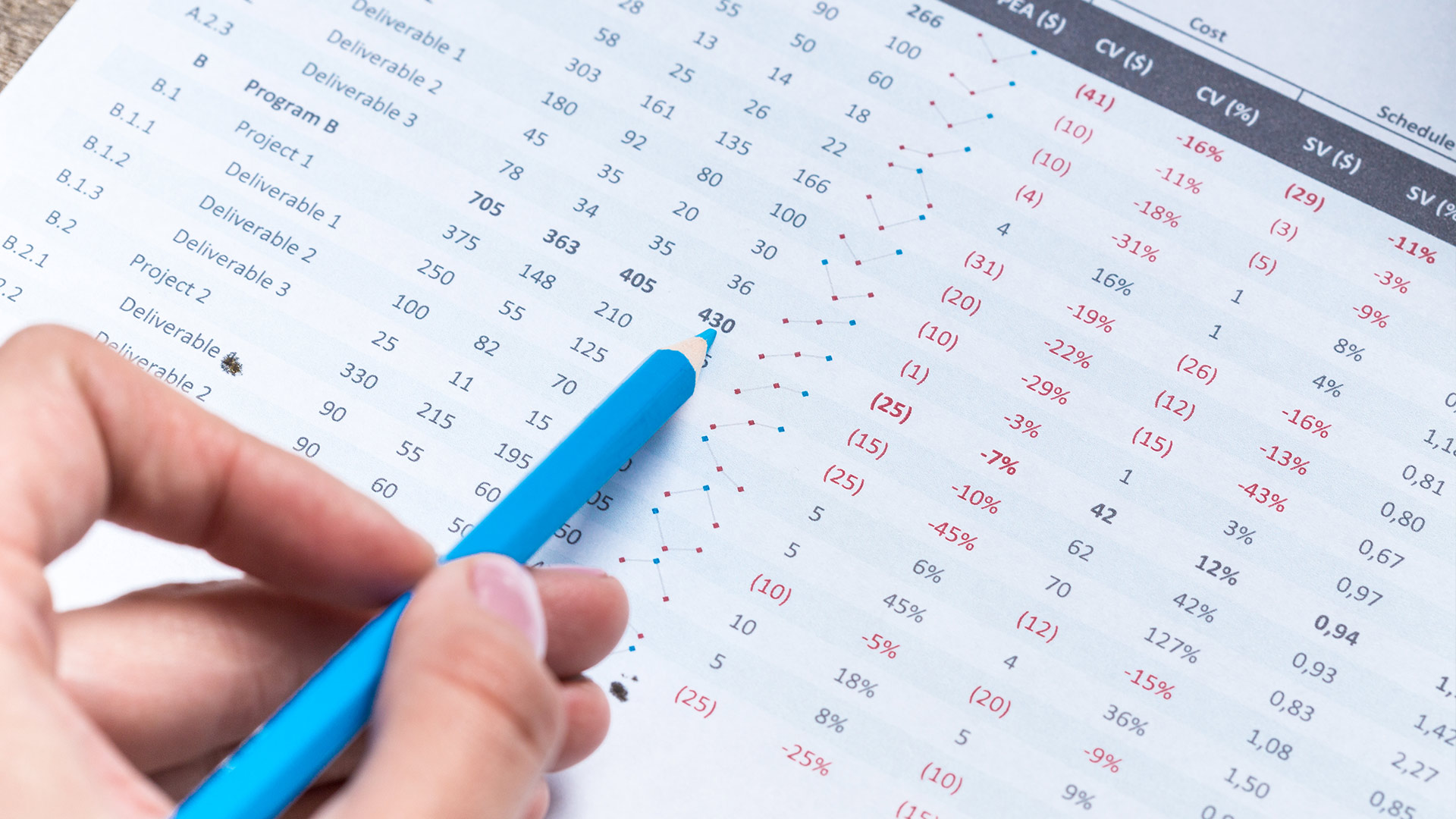
5 Money Templates That’ll Save You Hours Each Month
If you’ve ever found yourself wasting time every month figuring out where your money went or how to get back on track, it’s time to bring in some help--specifically, templates. Money templates are not just about organization. They’re about efficiency, clarity, and freeing up brain space so you can spend less time managing money and more time enjoying life.
